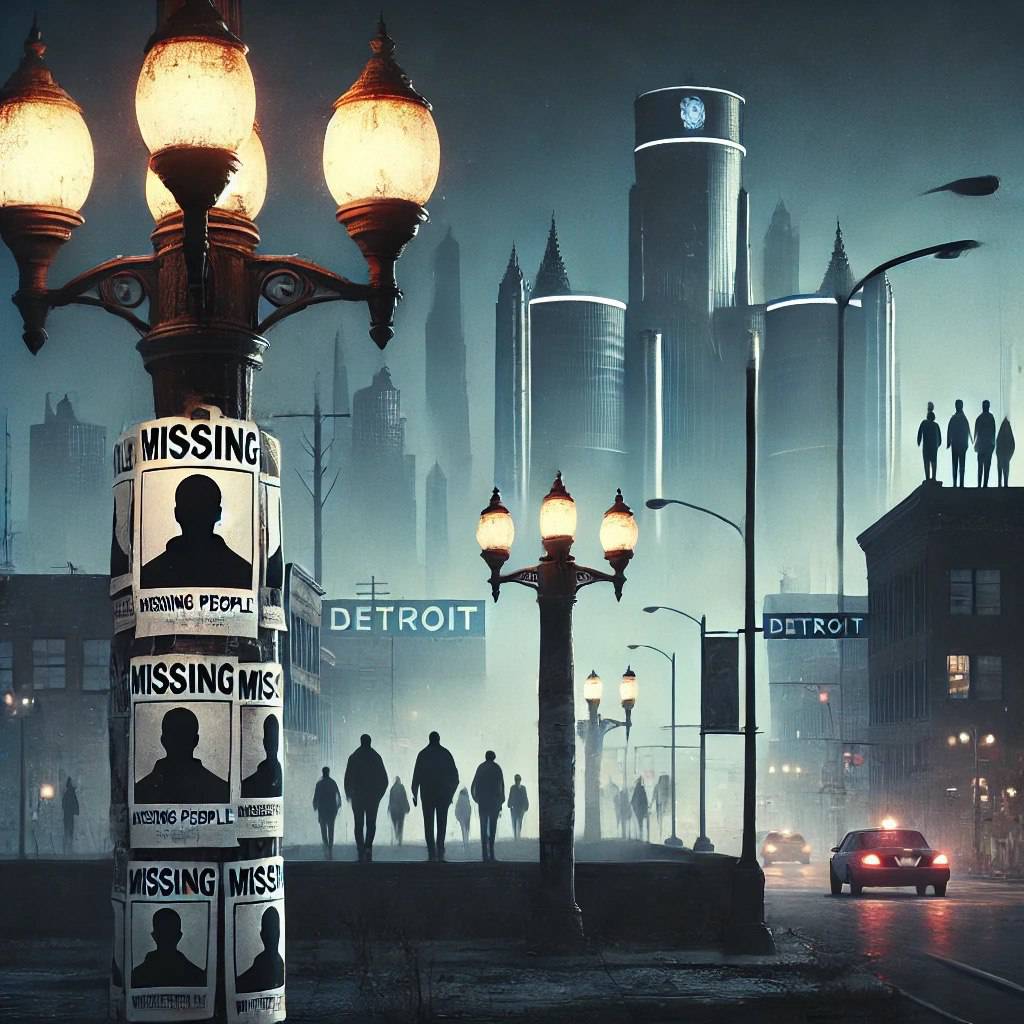Tag: Detroit
-
Alicia and Her Children: Mother Found Dead, Children Still Missing
In 2014, 27-year-old Alicia Fox lived in Detroit, Michigan. She cared for her two children: 6-year-old Kaylah Hunter and 18-month-old Kristian Justice. Her husband, Erin Justice, was Kristian’s father. Just four months after their wedding, Alicia and her children vanished without a trace. Alicia and Her Children: A Mysterious Disappearance In May 2014, Alicia and […]
-
|by NFound | for sexual slavery victims, Lost and Found, parents and loved ones support, Psychology Blog, Real Story
The Search for Beatriz Moore: A Family’s Nightmare in Detroit
Detroit, Michigan, is struggling with the mysterious disappearance of 33-year-old Beatriz Moore. She has been missing since May 9, 2024, and her prolonged absence has devastated her family. Initially, they held onto hope, but the lack of communication eventually forced them to report her missing on December 9, 2024. Beatriz was last seen near the […]
-
Missing Persons in Detroit: A City’s Ongoing Struggle
Missing Persons in Detroit. Detroit is facing an alarming rise in missing people cases. Each year, the number continues to grow, worrying both residents and officials. Many of the cases involve vulnerable populations, such as children and the elderly. Additionally, people experiencing mental health challenges are often at risk. Families wait in agony, hoping for […]
Historical Overview
Detroit, Michigan, often referred to as “Motor City,” has a rich history dating back to its founding in 1701 by French explorer Antoine de la Mothe Cadillac. Initially a fur trading post, Detroit’s strategic location along the Detroit River made it an important military and transportation hub during colonial times. Over time, it evolved into a powerhouse of industrial innovation, particularly in the automotive industry.
Detroit: The Rise of the Automotive Industry
Detroit’s global fame is largely tied to the automobile industry. By the early 20th century, it became the center of car manufacturing, led by pioneers such as Henry Ford, whose introduction of the assembly line revolutionized production. Ford’s Model T became the first affordable car for middle-class Americans. Detroit became home to the “Big Three” automakers: Ford, General Motors, and Chrysler. The boom in car production turned Detroit into a booming industrial city, attracting a diverse workforce.
Cultural Impact
Detroit’s influence extends far beyond the automobile industry. The city is also famous for its contributions to American music. It is the birthplace of Motown, a genre that merged soul music with pop influences. Founded by Berry Gordy in 1959, Motown Records helped launch the careers of legendary artists like Stevie Wonder, Diana Ross, and Marvin Gaye. Detroit’s musical legacy continues today, with its rich jazz and techno scenes playing a significant role in shaping global music trends.
Economic Decline and Resilience
Despite its glory days, Detroit faced significant challenges in the second half of the 20th century. The decline of the auto industry, coupled with suburbanization, led to depopulation and economic struggles. The city filed for bankruptcy in 2013, becoming the largest U.S. city to do so. However, Detroit has made significant strides in revitalization efforts in recent years. Investments in downtown development, technology sectors, and a focus on the arts have helped the city regain some of its former vibrancy.
Modern Day Detroit
Today, Detroit is a city in the process of reinvention. Downtown is experiencing a renaissance, with tech startups, creative industries, and new businesses investing in the city. Historic buildings are being restored, and public spaces revitalized. While challenges remain, particularly in education and infrastructure, Detroit’s resilience and spirit of innovation continue to push it forward.
Conclusion
Detroit’s history is a story of rise, fall, and resurgence. From its roots as a trading post, to the automotive capital of the world, and now a city focused on renewal, Detroit’s impact on industry, music, and culture cannot be overstated. The city’s legacy of innovation and determination ensures that it remains a vital part of America’s landscape.





